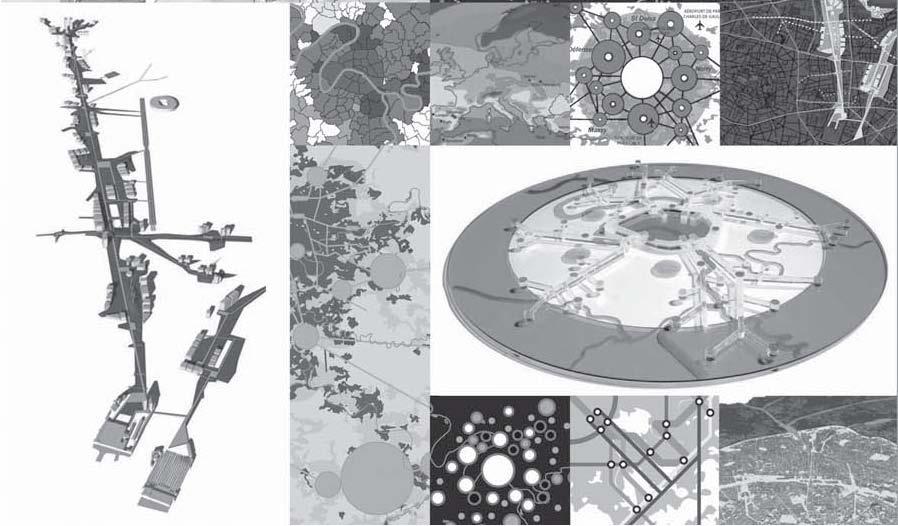The Real City, the Imaginary City, and again the Real City
DOI:
https://doi.org/10.6092/2281-4574/1431Keywords:
città, immaginazione, futuroAbstract
This article discusses the relationship between the real city, the imaginary and the virtual city. The possibilities made available by the new technologies and by the Internet make reality always more futuristic, reality in which people could theoretically communicate amongst themselves without any limit in space and time. With regard to urban planning there are several important considerations to be made amongst which, of primary importance, the need to re-think the city: on the one hand to improve both the internal as well as the external systems of accessibility; on the other hand to challenge the tendency of economic and social separation and the phenomenon of the ghetto (with its relative urban degradation), which inevitably occurs when individuals cannot easily move from one place to another and when they do not have places where they can meet and congregate so as to meet and socialize, where they can share their interests and desires, their points of encounter being in airports and train stations.
Downloads

Downloads
Published
Issue
Section
License
Gli autori che pubblicano su questa rivista accettano le seguenti condizioni:- Gli autori mantengono i diritti sulla loro opera e cedono alla rivista il diritto di prima pubblicazione dell'opera, contemporaneamente licenziata sotto una Licenza Creative Commons - Attribuzione che permette ad altri di condividere l'opera indicando la paternità intellettuale e la prima pubblicazione su questa rivista.
- Gli autori possono aderire ad altri accordi di licenza non esclusiva per la distribuzione della versione dell'opera pubblicata (es. depositarla in un archivio istituzionale o pubblicarla in una monografia), a patto di indicare che la prima pubblicazione è avvenuta su questa rivista.
- Gli autori possono diffondere la loro opera online (es. in repository istituzionali o nel loro sito web) prima e durante il processo di submission, poiché può portare a scambi produttivi e aumentare le citazioni dell'opera pubblicata (Vedi The Effect of Open Access).

